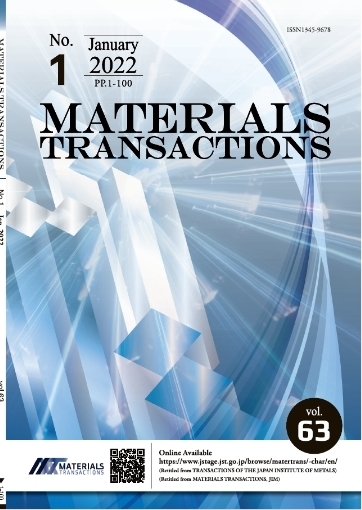Potential Prospective Application of Zr-Based Bulk Metallic Glasses in Dental Implant
Gui-ying Liu, Fang Wang, You-ya Cao, Yu Sun
pp. 1925-1929
Abstract
Zr-based bulk metallic glasses (BMGs) are being studied widely in recent years due to their unique mechanical properties. In this paper, we will present the progress in the studies of corrosion resistance behavior and biomedical potential of the Zr-based BMGs, especially the in vitro and in vivo evaluation of their biocompatibility. Owing to their high resistance to corrosion in a physiological environment and the excellent biocompatibility that give them a passive, stable oxide film, Zr-based BMGs are considered the material of choice for intraosseous use. The aim of this paper is to give an overview of the available literature on the Zr-based BMGs and present a promising prospect for the application of oral implant.










